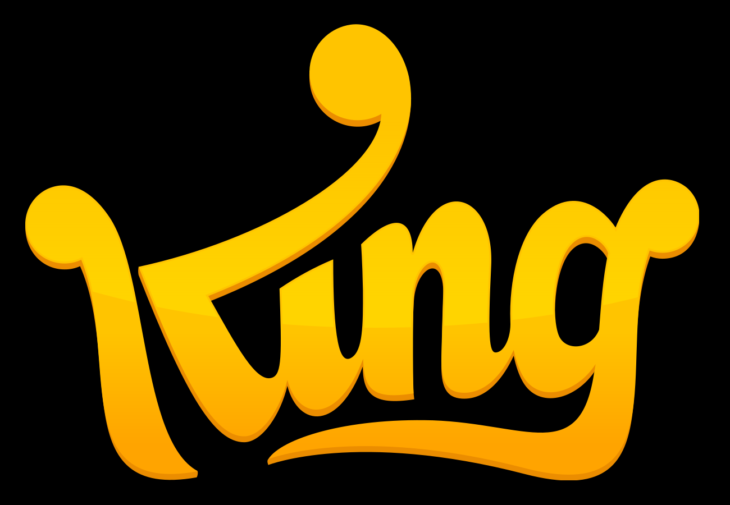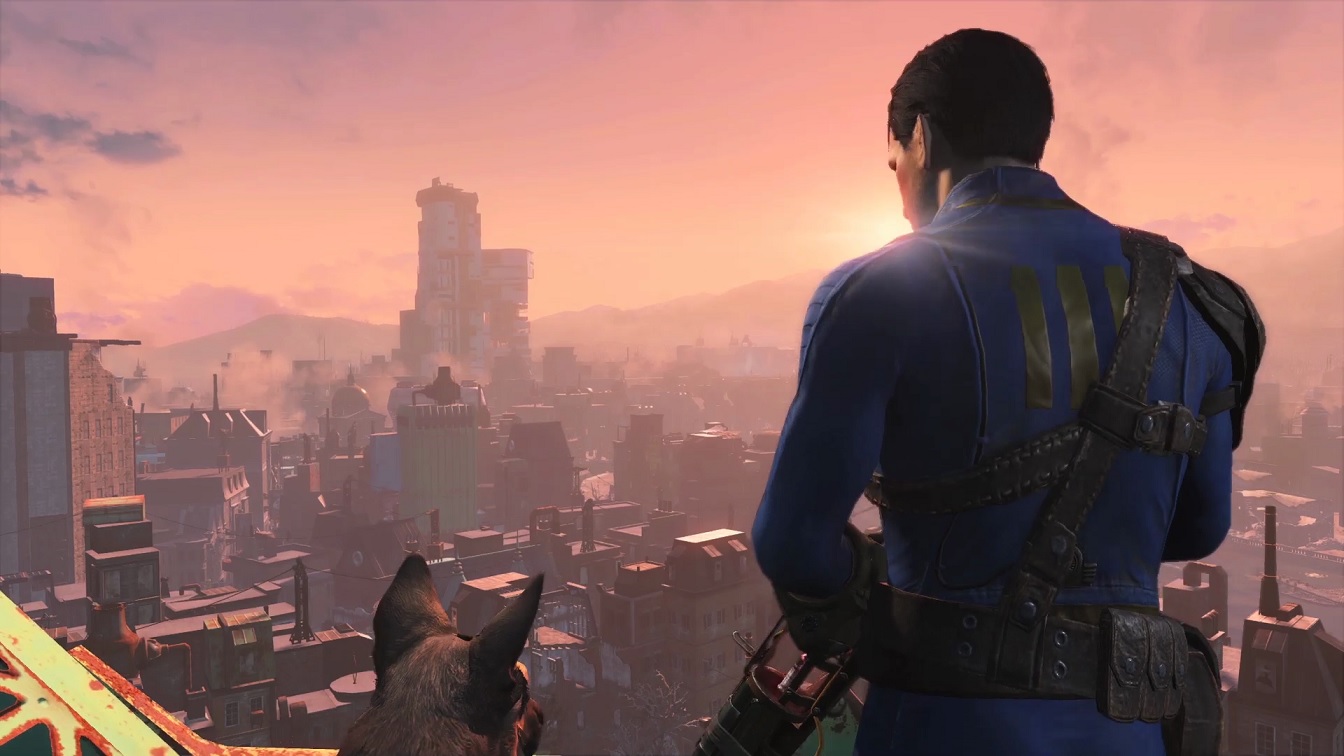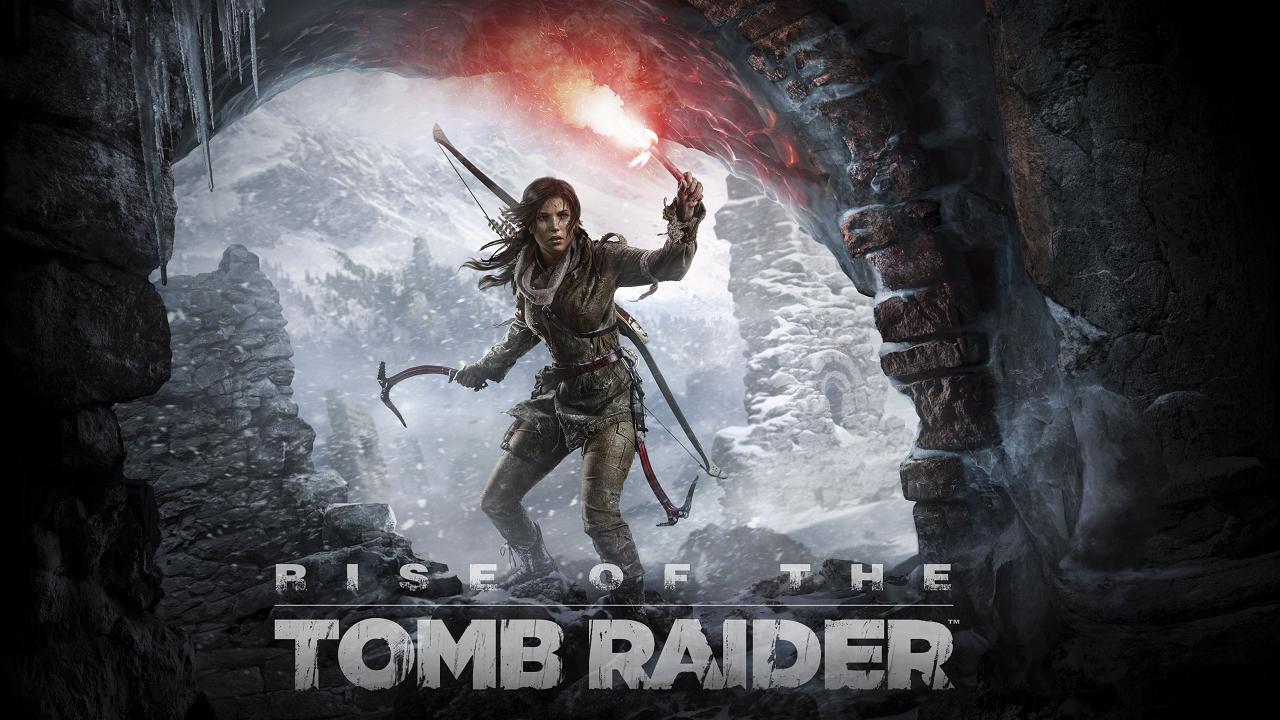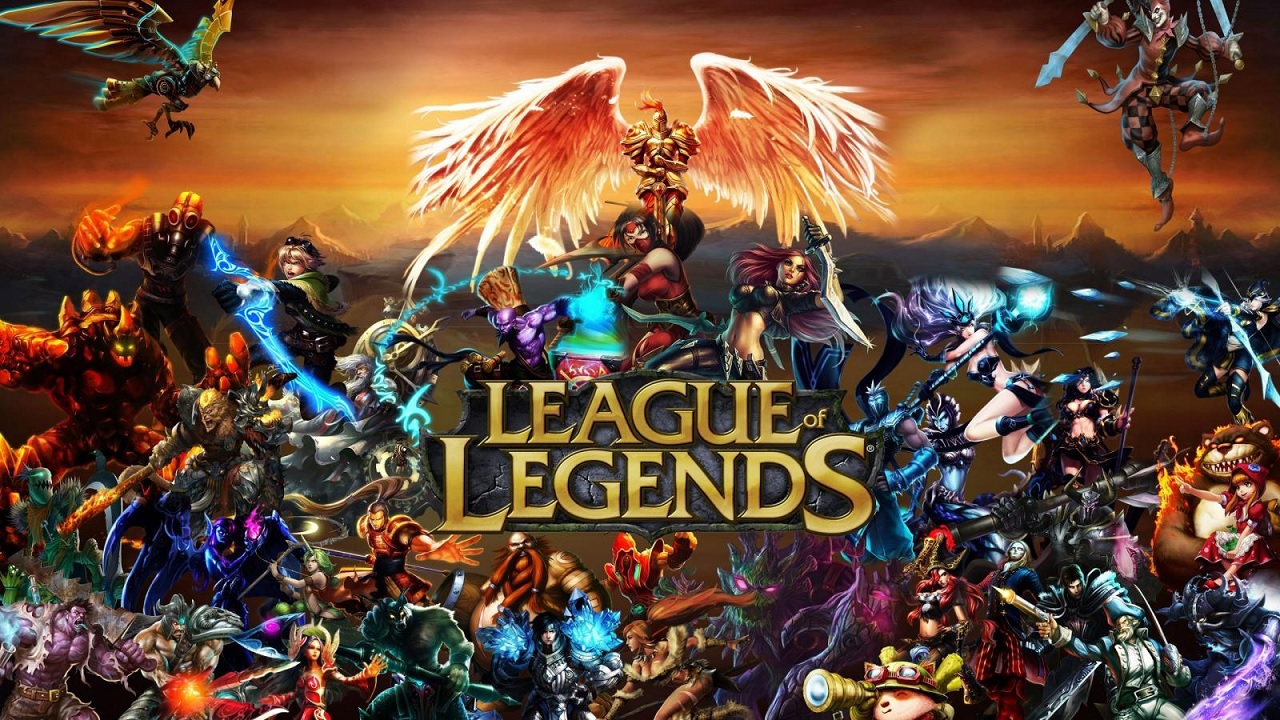What Does It Mean for a Game Franchise When Its Parent Company is Bought Out?

In the world of business it is quite common for companies to buy and sell other companies. Mergers and acquisitions happen all the time and they are a major factor of how the companies and the industry as a whole develop and shape, and they also have major implications on products that the companies produce. Let’s have a closer look how it works in the gaming industry.
Activision Blizzard recently bought out King Digital Entertainment, the company behind Candy Crush, for a whopping $5.9 billion.
The CEO for Activision Blizzard, Bobby Kotick, points out that the company now reaches 500 million users – hailing it as the ‘largest game network’ in the world. King’s CEO Riccardo Zacconi on the other hand is excited at the possibilities to serve the company’s players.
What does this buyout mean for King? And what does this buyout mean for Activision Blizzard? There are a few scenarios how things can develop after an acquisition.
Franchises Will Be Rebuilt From the Ground Up
Interplay Entertainment isn’t exactly dead yet and Bethesda didn’t buy out the company, but Fallout 3, Fallout: New Vegas, and Fallout 4 are the perfect examples of what happens when a new developer wants a franchise but doesn’t want the corporate weight that comes attached to a particular franchise.
Bethesda decided to switch out the isometric strategy formula used in previous Fallout games; opting instead for an open world RPG shooter. This was a huge gamble, considering the established player base for Fallout were skewed toward the strategy crowd.
Yet Bethesda took its experiences with its own games – most prominently Morrowind, Oblivion and even their 1995 game, The Terminator: Future Shock – and transformed Fallout into the shooter that we know today.
This is what can happen when a developer wants to build on what was already established in a franchise they’re picking up while injecting what they know into the game. Could Activision Blizzard do something similar with King’s Candy Crush? Most unlikely, considering that King Digital Entertainment was left to its own devices.
Then again, EA did turn a casual, mobile-friendly franchise Plants vs Zombies into a core and competitive shooter – namely Plants vs Zombies: Garden Warfare. The second entry in this series, Garden Warfare 2, is being pretty well received by critics and consumers alike. So World of Candycraft? Candystone? Diablo IV: The Revenge of the Candy King?
Franchises May be Reborn as New but Familiar Entries
Let’s look at Eidos, the company originally behind the Tomb Raider franchise. Eidos was first bought out by SCi Entertainment in 2005 before Eidos was once again bought out by Square Enix in 2009. Eidos was then renamed Square Enix Europe after the most recent buyout.
When Eidos was first bought out, SCi axed a large number of management-level employees from the company, but the company continued working on the Tomb Raider franchise – resulting in 2006’s Tomb Raider Legend and 2008’s Tomb Raider Underworld.
These entries in the franchise performed significantly better than the poorly-received Angel of Darkness, which was first released in 2003. Yet Square Enix still saw potential in the Tomb Raider franchise. They took advantage of Eidos’ finances taking a large hit after the release of Angel of Darkness. So they bought the company out for cheap and invested in it – allowing Tomb Raider of 2013 and its 2015 sequel, Rise of the Tomb Raider, take shape.
The reboot saw the franchise’s lead protagonist, Lara Croft, transform from a spunky, experienced and supremely confident tomb raider into a frightened but ferocious survivor thrown into a brutal and unforgiving land. This, along with other changes to aesthetics and gameplay mechanics, allowed the Tomb Raider franchise to not just revive but to flourish even after tanking so badly in the early 2000’s. Now the entries have won awards left and right, with players eagerly getting to know Lara Croft all over again.
Franchises Will Continue – Albeit With Changes Behind the Scenes
When franchises are successful and a company buys them up, this usually means that the new parent company just wants a slice of the pie.
This is what happened when Tencent Inc. bought out Riot Games, creators of League of Legends, in December 2015. Tencent already owned 93% of Riot’s shares back then, but decided to buy out the remaining 7% to take full control over the company.
Tencent basically plunked down money on Riot Games with the hope that it will see a larger return on its investment. The new parent company of Riot is betting that its acquisition will generate more income in the long run than the money it put down to acquire the company.
Since then, Tencent has been pretty hands-off when it comes to League of Legends. After all, the team at Riot Games must be doing something right for LoL to have 27 million players online every day.
This, perhaps, is what is most likely to happen with Candy Crush. Revenues for the game have been steadily declining over the years, but Activision Blizzard has decided to retain the Chief Executive Officer, Chief Operating Officer and Chief Creative Officer of King Digital.
Of course, all this is assuming that the parent company actually wants to continue working on a game franchise. It is entirely possible that a company just wants to pillage the knowledge, technology, and player base that a smaller company possesses.
Activision Blizzard definitely wouldn’t have this in mind after blowing $5.9 billion on King Digital… would it?







